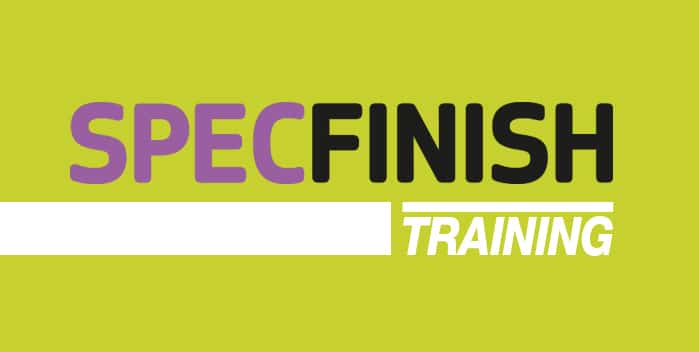FIS is enacting a new training strategy as part of its commitment to closing the increasing skills gap that exists within the finishes and interiors sector which will see the introduction of a new dedicated training and skills team. FIS skills delivery director Helen Yeulet outlines the plans.
“The FIS board made a big decision to invest £350k of members’ money, taken from reserves, in training and upskilling our members’ workforce. It’s a big investment for a big problem within our sector. It would, however, be a bigger problem to do nothing, sit by and blame everyone else,” explained Steve Coley, FIS president.
“With this large capital investment, FIS is tackling the skills shortage problem head on. We are leading by example.”
The new training strategy being put into practice by FIS involves the recruitment of a new skills project team. Across an 18-month delivery period, this team will focus on the following five key performance indicators (KPIs): attracting 1,500 new entrants to the sector per annum; increasing CITB grant claimed against levy paid to 50 per cent from 35 per cent; FIS members having a fully and accurately CSCS carded workforce by 2020; funds to be generated from sector-specific training; and FIS to be recognised as an industry leading in skills.
Joining the new FIS skills project team, led by Helen Yeulet, are Paul Glover and Amanda Scott. They will work as project managers to deliver the plan, which focuses on developing and working with partners that will bring their expertise and resources to the membership.
The first milestone is a large CITB structured funding bid in March this year with a request to support the approach and provide the funding for the training elements of the plan. Prior to the bid being submitted, the new team will have engaged with members and partners to ensure the evidence is gathered and the delivery plan secured. This will cover the following aspects:
Approved training provider network – this is already well underway and will be formalised and publicised so that anyone within the sector can be sure of the quality of provision at the right price.
Analysis of the current qualifications held within the workforce – by working with the training providers, this will provide the evidence of the funding needed for additional training across all members.
Manufacturer engagement – working with the Construction Products Association (CPA) and manufacturers, FIS will ensure that members are always trained on the latest products and that manufacturer training is aligned to NVQ requirements.
Apprenticeship Levy (not to be confused with CITB Levy) – the effect of the new levy is unknown but FIS is working on a solution that will enable any of its members to gain access to an apprentice utilising the new voucher scheme.
Attracting new entrants to the sector – better marketing tools will be made available for schools, parents and member companies to use.
Employable apprentices – FIS will utilise relationships being developed with key colleges to ensure that apprentices have not just the theory but also the practical skills to work for members.
Employer assistance – clear and easy guidance on how to take on an apprentice will be developed.
Employer service for levy and grant claims – a central point to access a resource who can manage this for FIS members.
Sector-specific training – working with members to understand what training they currently can’t access and focusing on developing this with training providers.
By being involved with the rollout of skills development projects such as Bounce Back for ex-offenders, BuildForce for those leaving the Armed Forces considering a career in construction, and joint Department for Work and Pensions (DWP) work, FIS will be at the forefront of attracting new entrants into the sector and closing the skills gap.
One example of this is a pilot project FIS kicked off in November last year in the North East working with the DWP, Tyne Metropolitan College and local employers. This project takes unemployed workers interested in the sector through Specialist Upskilling Programme (SUP) training to get them site ready before giving them two weeks’ work experience on-site. The offer of an interview at the end of the process followed by registration for an NVQ and a CSCS card is making this very attractive to anyone without experience. The DWP is fully supporting the project by ensuring that these applicants continue to receive their benefits throughout. The FIS skills team will then look to roll this out across all other colleges, engaging with local DWP and employers to put the process in place together with the funding.
The decision from FIS to invest in such a large project team reflects the scale of the problem. FIS is keen to hear from members interested in getting involved with skills and training initiatives.
GET IN TOUCH:
training@thefis.org


